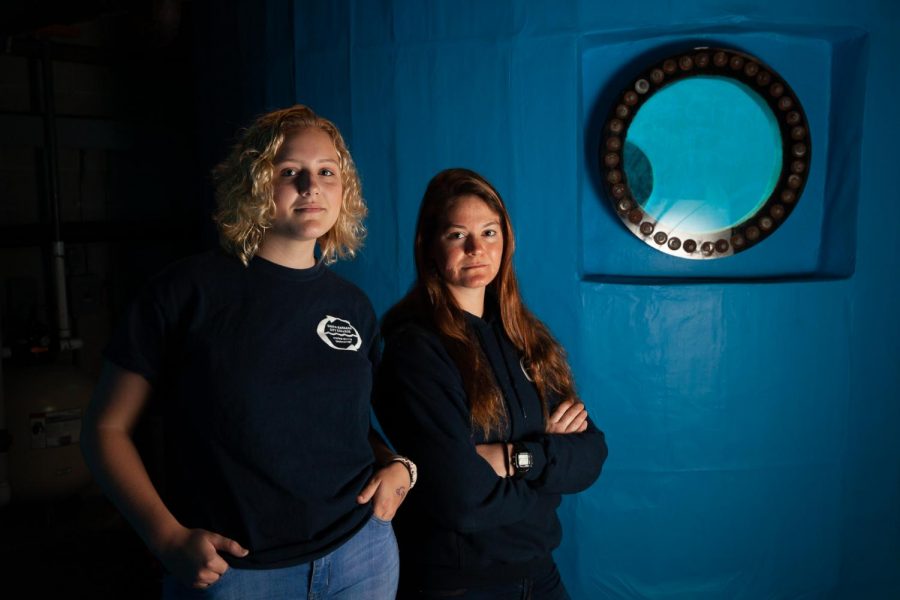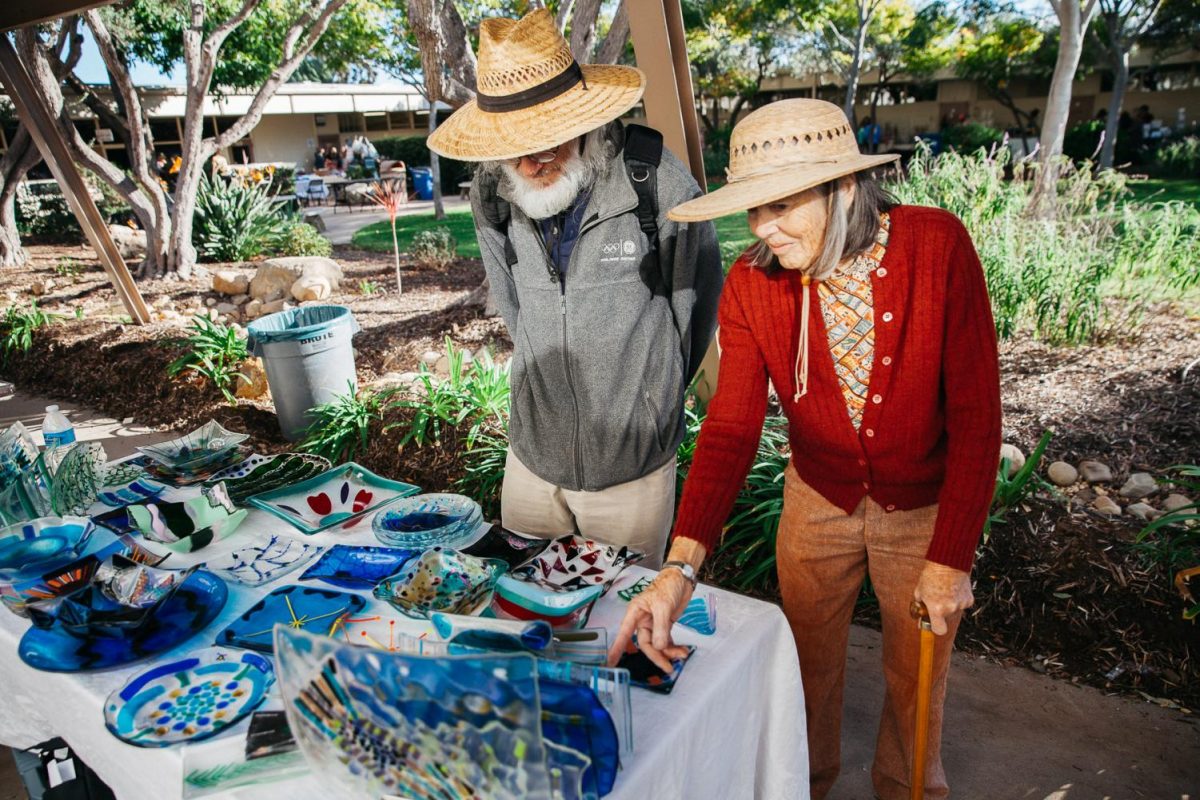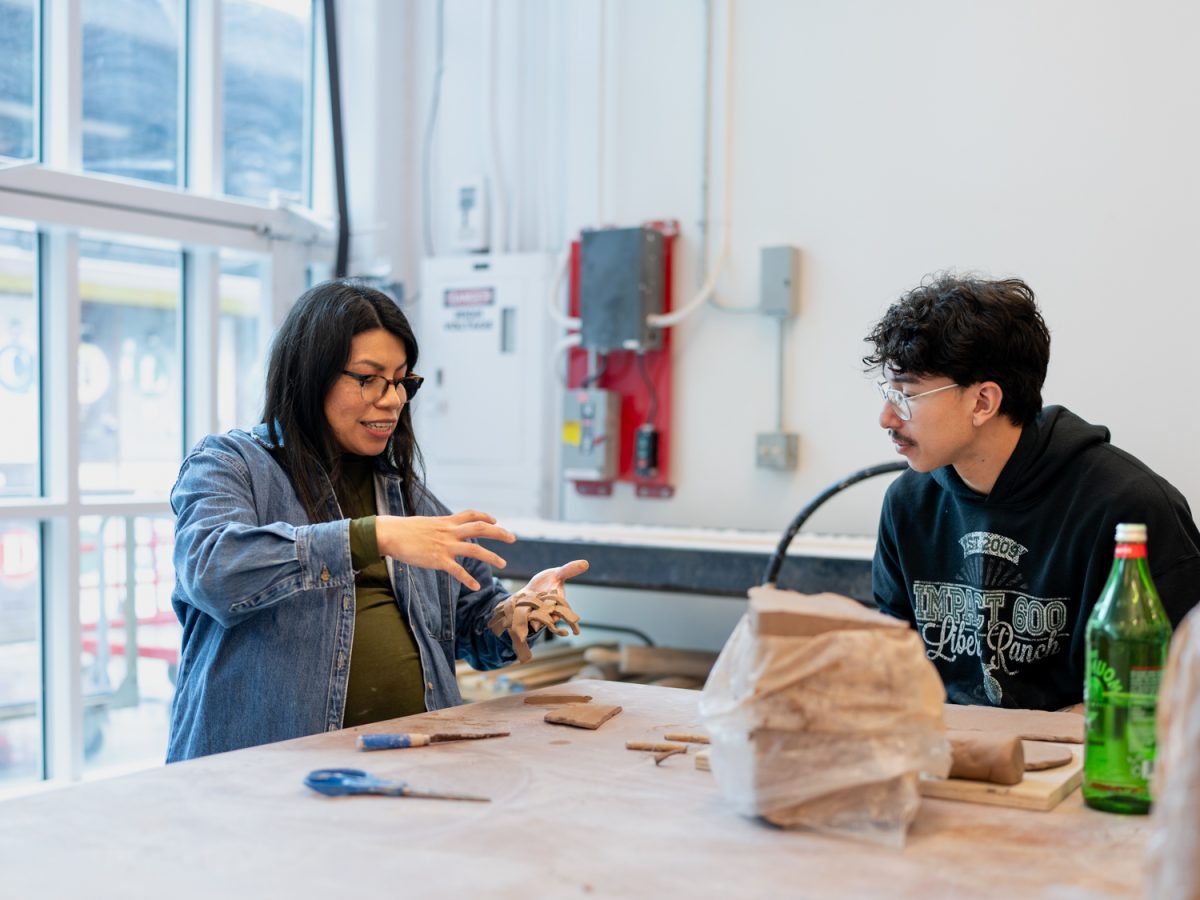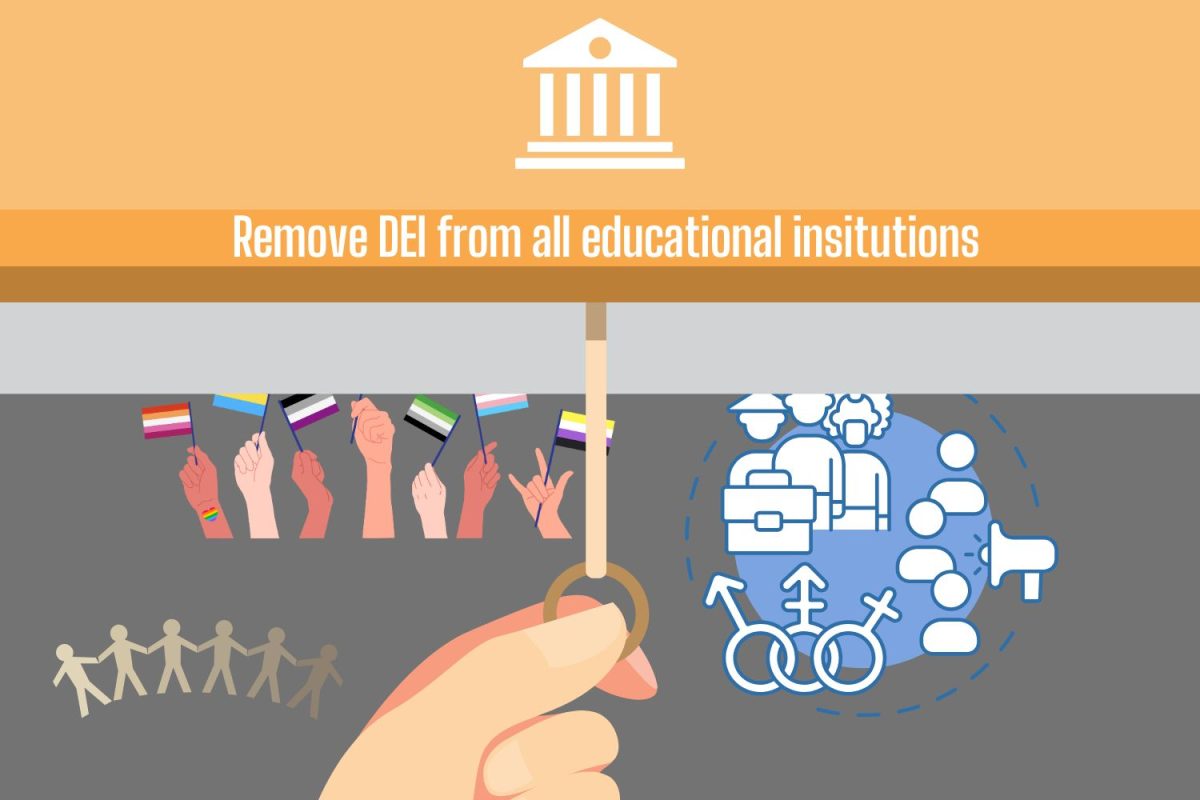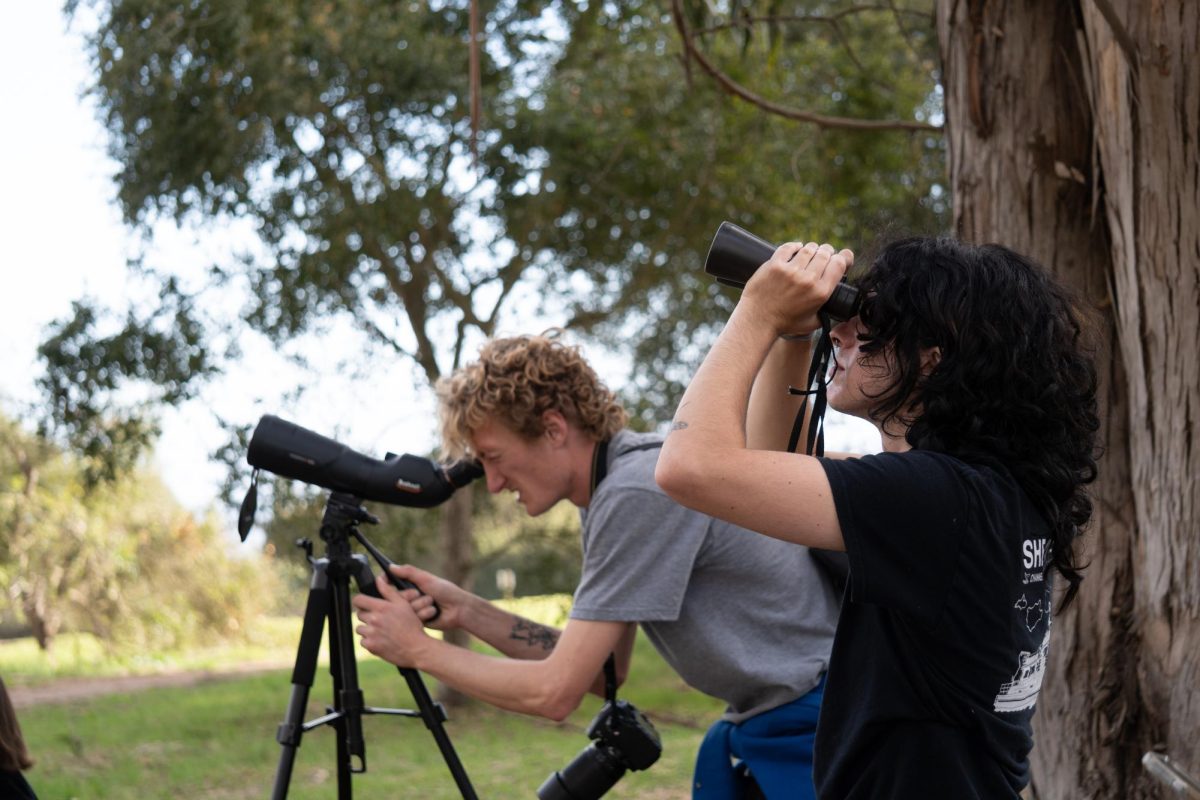Working a machine saw, cutting pipes and learning how to weld is not the coursework of a typical college student. But Emma Horanic and Kayla Hatfield do all that with a 30-pound helmet and water over their head.
Horanic and Hatfield are the only two women in City College’s Marine Diving Technology program.
The Pacific Ocean is their classroom and oxygen tanks are their course materials as they prepare for a career in commercial diving.
“You need a certain personality to be in this industry,” said Horanic, who came to City College after graduating from UCSB with a bachelor’s degree in biology. “[Hatfield and I] are a little different from most girls, we get along better with guys.”
Students in the program are taught skills that require patience, physical strength and thick skin, characteristics traditionally associated with men.
This is a stereotype they both want to shatter.
“I think it’s more motivation knowing that we’re not going to get in as easy [as men],” Horanic said. “Like okay, we have to work much harder, but we are willing to do that.”
“I know that I’m not as strong as most guys in my class,” said Hatfield, who’s been diving since she was 12 years old. “But I’ll get there.”
As Horanic was growing up, a job in commercial diving was not considered a job for a woman.
Even today, the idea of a woman in the field is still not well advertised.
Larissa Ormonde, an instructor in the Marine Diving Technology program at City College, said that one reason the field is so male-dominated is that “girls simply don’t know about it.”
Considering the lack of diversity in the industry, hiring women has become higher in demand for many companies.
There’s even a diversity grant that comes along with hiring women into this industry, making it easier for projects and companies to receive funding from the government.
Even though this is considered a positive solution for embracing diversity between men and women in the industry, both Horanic and Hatfield emphasized that this does not guarantee fair working conditions. Some corporations might hire women solely for the grant, overlooking their skills.
“I’m a biologist, I know that guys are statistically stronger,” Horanic said. “But that doesn’t mean that we can’t do it.”
Horanic and Hatfield agreed that even though the program is challenging, gender doesn’t matter when it comes to capability.
“Men think that they’re stronger than us,” Hatfield said. “But we’re just as good as the guys.”
None of the textbooks used in the program feature any women, and no woman has been inducted into the Commercial Diving Hall of Fame, an award honoring lifetime achievements in the industry.
Both Hatfield and Horanic hope to change that in the future.
“That’s one of my goals, to be the first woman inducted to the hall of fame,” Horanic said with a big smile.
“Hell yeah, that’s going to be us,” Hatfield added, joining Horanic in a loud high-five.


